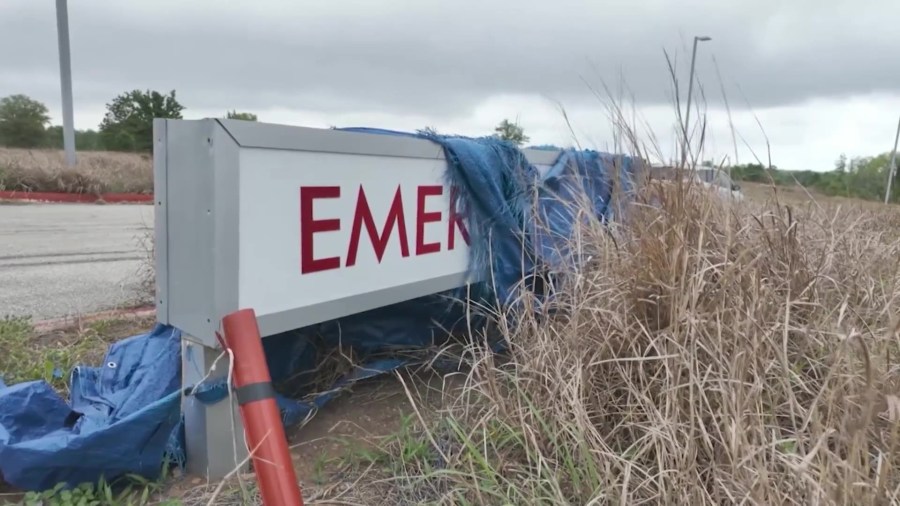Rural Hospitals in the U.S. Face Major Challenges
A recent report highlights a growing crisis in rural healthcare across the United States. According to findings from the Center for Quality Healthcare and Payment Reform, approximately 700 rural hospitals are at risk of closure, which represents about one-third of all rural hospitals nationwide. Among these, around 300 hospitals are considered to be in immediate danger of shutting down.
In Georgia alone, out of the 71 rural hospitals, 20 are currently at risk, while nine are in urgent need of intervention. This situation reflects a broader national trend that is raising concerns among healthcare professionals and local communities.
Financial Struggles Drive Hospital Closures
One of the primary causes behind the financial instability of rural hospitals is the significant loss incurred from patient services. The cost of delivering medical care often exceeds what insurance companies are willing to reimburse. This imbalance creates a difficult environment for rural hospitals to sustain operations, especially in areas where populations are small and resources are limited.
Since 2005, nine rural hospitals in Georgia have already closed their doors, leaving many residents without access to essential healthcare services. These closures have far-reaching implications, particularly for those living in remote areas.
Impact on Community Health and Accessibility
The potential closure of rural hospitals would mean that residents in these regions would have to travel longer distances to access basic medical services. This includes imaging care, maternal care, and laboratory testing—services that are crucial for maintaining public health. In emergencies or trauma situations, the lack of nearby medical facilities could be life-threatening.
Healthcare analysts emphasize that while the quality of care may not always suffer due to patients being able to reach regional hospitals, the absence of local emergency services can lead to dire consequences. Bill Crane, an analyst, pointed out that “in an emergency or trauma situation if they aren’t there, people will die.”
Economic Consequences of Hospital Closures
Beyond the health implications, the closure of rural hospitals also has serious economic consequences. These facilities are often major employers in their communities, and their loss can make it harder to attract and retain a workforce. This, in turn, affects local businesses and essential services such as food and energy supply chains.
The American Hospital Association estimates that rural hospitals in Georgia could face losses of $540 million over the next decade. This financial strain underscores the urgency of finding sustainable solutions to support these vital institutions.
Potential Solutions and Alternative Funding
Experts suggest that changing the payment structure for rural hospitals could help prevent further closures. By rethinking how these hospitals are compensated, policymakers may be able to ensure more stable funding. Additionally, exploring alternative funding sources, such as grants or partnerships with larger healthcare systems, could provide much-needed relief.
Researchers from the University of North Carolina have identified several rural hospitals in Georgia that are at risk of reducing services or closing altogether. These include Fannin Regional Hospital in Blue Ridge, Flint River Community Hospital in Montezuma, Irwin County Hospital in Ocilla, and Washington County Regional Medical Center in Sandersville.
A Call for Action
As the situation continues to evolve, it is clear that the survival of rural hospitals is critical to the well-being of countless communities. Addressing the financial and operational challenges they face requires a coordinated effort from government, healthcare providers, and local leaders. Without intervention, the loss of these hospitals could have lasting effects on both public health and economic stability.







